As NFT investors continue to establish themselves in the fast-paced crypto market, many new ideas, projects, principles, technologies, and requirements emerge. When interacting within the ecosystem of creators, developers, traders, and marketplaces, certain elements remain constant. The NFT crypto wallet is one such element that cannot be overlooked.
What is an NFT wallet?
A non-fungible token wallet (NFT wallet) is a hot or cold cryptocurrency wallet that interacts with blockchain networks and allows users to access and transact with non-fungible tokens. NFTs, like cryptocurrencies, are powered by blockchain technology and can only be used with the protocol for which they were developed.
This means that in order to store and trade NFTs built on the Ethereum network, a user will need an Ethereum-based wallet. Solana, Cardano, and other NFT-powered blockchains also operate in the same manner.
How do NFT wallets work?
NFT wallets function exactly like cryptocurrencies, so they can also be used to store cryptocurrencies. This is due to the fact that cryptocurrencies are required for the exchange, listing, purchase, sale, and other NFT transactions.
The wallets act as a gateway to the digital assets stored on the blockchain, where ownership and access are determined not by the person who purchased the cryptocurrency or the NFT, but by a private key provided to the user in order to access the wallet and authorize transactions. As a result, whoever has access to the private keys has access to the NFTs and the ability to authorize transactions.
Things to Look Out for When Choosing an NFT Wallet
Accessibility of Marketplaces
According to data reported in April by IntoTheBlock, the NFT market is home to over 80,000 collections on the Ethereum network alone. There are numerous projects spread across more than 240 marketplaces where NFT is minted, listed, and traded. To keep up with this fast-paced industry, it is beneficial to use wallets that are more widely accepted across multiple marketplaces.
Wallet Security
The NFT space, like the larger cryptocurrency market, is vulnerable to cyber hacks and bot attacks, which typically result in irrecoverable loss of assets and funds. This risk necessitates extreme caution and vigilance when storing assets within wallets. To mitigate against avoidable investment losses, it is safer to choose wallets where security measures such as two-factor authentication, multiple layers of protection, and wallet encryption are implemented.
Compatibility with Multiple Networks
The Ethereum network, which is home to the most popular projects such as Axie Infinity, Bored Apes Yacht Club, and CyberPunk, is where most NFTs are built. However, the number of NFT collections built on other networks has significantly increased.
One example is the OkayBears collection, which debuted in April and has since achieved numerous successes, including inclusion on the infamous OpenSea marketplace. A wallet that is compatible with multiple networks allows users to discover hidden gems across multiple chains such as Solana, Cardano, Binance Smart Chain, and Flow.
Wallet Usability
To avoid complexity and make trading NFTs easier, it is better to opt for wallets that are user friendly and easy to understand. Having a wallet that can be accessed on multiple devices, such as a PC and a mobile device, can also be advantageous.
What are the Best NFT Wallets?
MetaMask
MetaMask is the market's most popular NFT wallet provider, with the most mainstream Ethereum blockchain wallets for Ethereum projects. The wallet includes a browser extension and a mobile app that can be synced and used to access multiple marketplaces, dApps, and web3 sites at the user's convenience.
MetaMask has a simple interface with columns for NFT and other crypto assets. There is also the option of creating multiple addresses, which can be useful for spreading NFTs and reducing risk. The wallet is currently the most popular across marketplaces, and has a card option in over 100 countries globally.
Coinbase
Coinbase's trading platform and exchange also includes an NFT wallet, which is accessible via mobile app and browser extension and can be used to trade NFTs as well as access dApps and marketplaces. The wallet also accepts a wide range of cryptocurrencies and can store NFTs from multiple networks.
The Coinbase NFT wallet has two notable features: users can buy and sell goods and services using the NFTs in their wallets, and the wallet has a cloud backup option for storing private keys on the users' personal cloud drive.
Ledger
The popular high security hardware wallet, Ledger, is also on this list. Ledger is a multi-currency hardware wallet that uses a USB-like device to securely store mostly large volumes of cryptocurrency assets offline. Users can now connect to marketplaces through Ledger Live to view, send, and receive Ethereum blockchain NFTs, as well as view and manage Polygon blockchain NFTs.
Ledger wallets, such as the Ledger Nano X and Ledger Nano S Plus, are compatible with both iOS and Android devices.
Enjin
The Enjin wallet is a feature-rich wallet that allows users to collect and trade NFTs as well as trade and manage cryptocurrencies. The wallet is compatible with iOS and Android devices and includes an exchange, a trading center, a dApps section, and a native marketplace. It stores Bitcoin, Polkadot, and ERC tokens such as ERC-20, ERC-721, and ERC-1155 tokens, which can be used in gaming NFTs such as Axie Infinity, in addition to ETH and EJN.
Enjin wallets are equipped with the biometric signature feature that is used to complete transactions and allows users to import old wallets without the need for a private key backup or software installation. Another recent perk is that the wallet can connect to hardware wallets through the wallet application.
Trust Wallet
Trust wallet is a popular Binance-backed wallet that functions as a multi-chain wallet, supporting a variety of blockchains such as Ethereum, Binance Smart Chain, and 50 other networks. Although the wallet only supports a mobile application on both iOS and Andriod devices, it is very easy to create and operate.
Trust wallet also includes an exchange section where users can trade assets for tokens required to acquire NFT, as well as a dApps program for browsing NFT marketplaces and other web3 sites.
Tips on How to Further Secure Your Wallet
Here are some additional steps you can take to secure your wallet:
Write down your private key or seed phrase in a safe offline location so you can access your wallet in the event that your device is stolen or damaged.
To reduce asset loss, use cold wallets that are less vulnerable to hacks and attacks.
To spread the risk of loss, create and use multiple organized addresses for different projects.
Use two-factor authentication, biometric signatures, and other available security options.
Before connecting your wallet, always use secure networks and double-check links sent to you via email, Twitter, Discord, Telegram, or Reddit.
Make sure your phones, laptops, hardware, and other devices that contain your wallets are secure at all times.
Read Also: Five Misconceptions about the Ethereum Merge (ETH 2.0)
Bottom Line
Innovations are often accompanied by challenges and risks, and being a part of an ever-expanding decentralized concept like NFT necessitates that you correctly and continuously equip yourself with information that positively influences your decision-making in areas such as wallet selection and other NFT-related aspects.
Storing your cryptocurrencies in online wallets, exchanges and software wallets exposes you to risks of being hacked. Consider storing them in a hardware wallet today



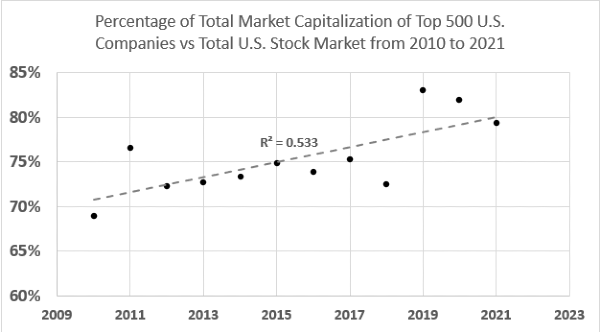
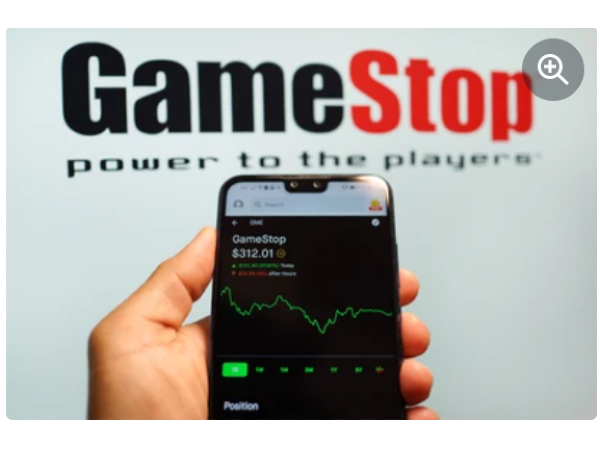

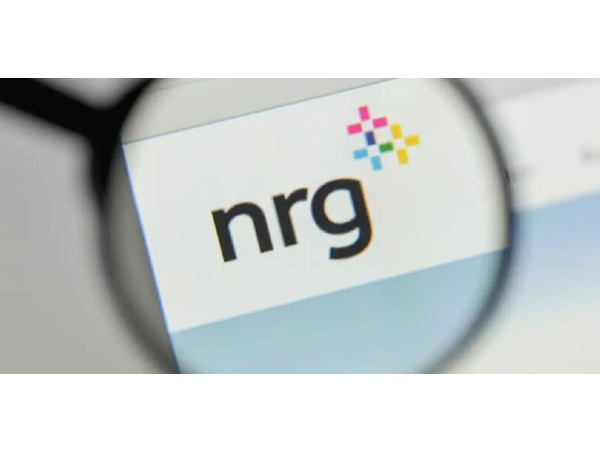





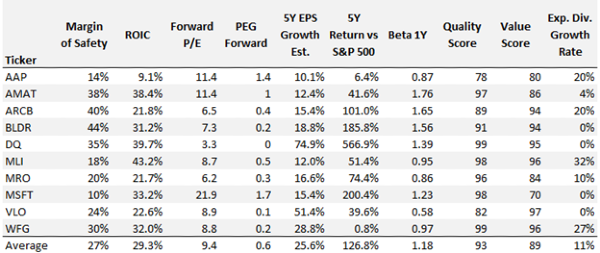

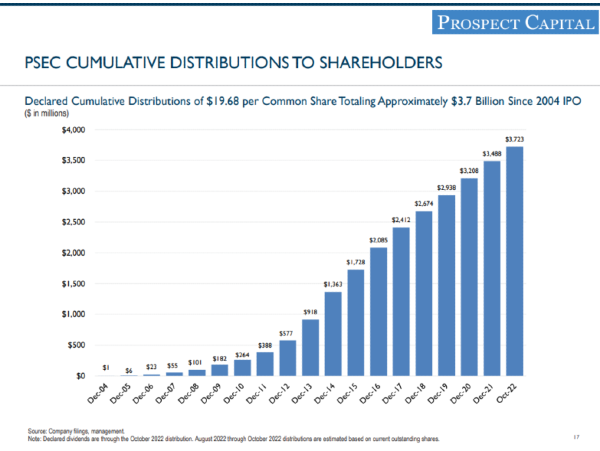



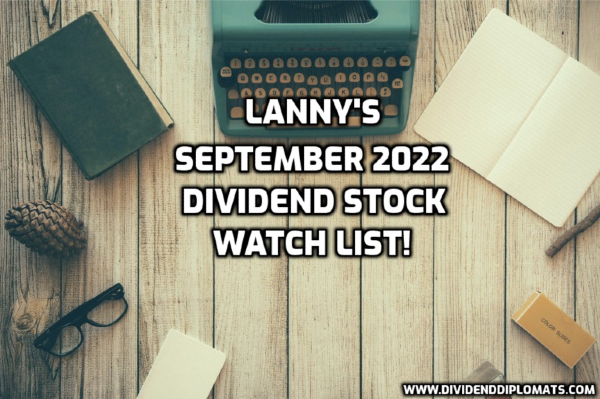

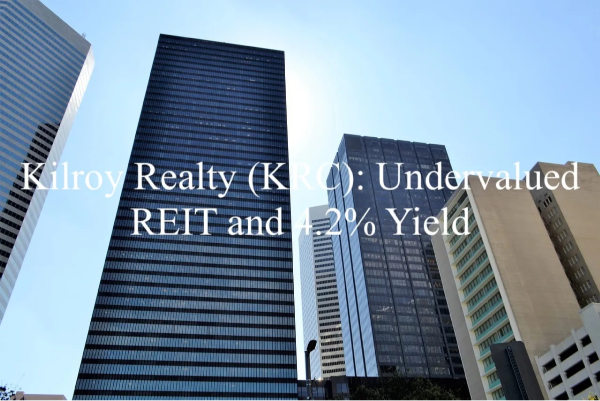
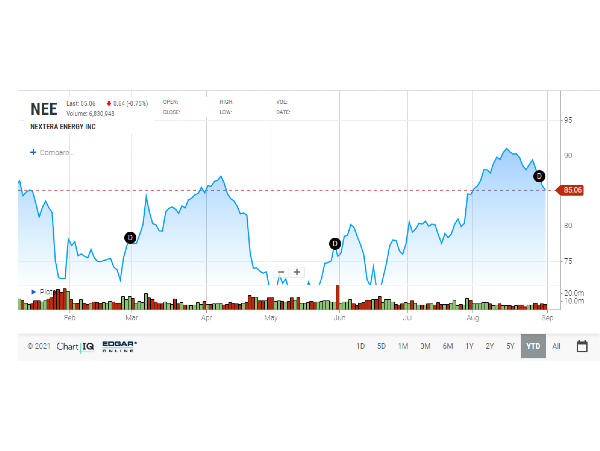








As NFT investors continue to establish themselves in the fast-paced crypto market, many new ideas, projects, principles, technologies, and requirements emerge. When interacting within the ecosystem of creators, developers, traders, and marketplaces, certain elements remain constant. The NFT crypto wallet is one such element that cannot be overlooked.
What is an NFT wallet?
A non-fungible token wallet (NFT wallet) is a hot or cold cryptocurrency wallet that interacts with blockchain networks and allows users to access and transact with non-fungible tokens. NFTs, like cryptocurrencies, are powered by blockchain technology and can only be used with the protocol for which they were developed.
This means that in order to store and trade NFTs built on the Ethereum network, a user will need an Ethereum-based wallet. Solana, Cardano, and other NFT-powered blockchains also operate in the same manner.
How do NFT wallets work?
NFT wallets function exactly like cryptocurrencies, so they can also be used to store cryptocurrencies. This is due to the fact that cryptocurrencies are required for the exchange, listing, purchase, sale, and other NFT transactions.
The wallets act as a gateway to the digital assets stored on the blockchain, where ownership and access are determined not by the person who purchased the cryptocurrency or the NFT, but by a private key provided to the user in order to access the wallet and authorize transactions. As a result, whoever has access to the private keys has access to the NFTs and the ability to authorize transactions.
Things to Look Out for When Choosing an NFT Wallet
Accessibility of Marketplaces
According to data reported in April by IntoTheBlock, the NFT market is home to over 80,000 collections on the Ethereum network alone. There are numerous projects spread across more than 240 marketplaces where NFT is minted, listed, and traded. To keep up with this fast-paced industry, it is beneficial to use wallets that are more widely accepted across multiple marketplaces.
Wallet Security
The NFT space, like the larger cryptocurrency market, is vulnerable to cyber hacks and bot attacks, which typically result in irrecoverable loss of assets and funds. This risk necessitates extreme caution and vigilance when storing assets within wallets. To mitigate against avoidable investment losses, it is safer to choose wallets where security measures such as two-factor authentication, multiple layers of protection, and wallet encryption are implemented.
Compatibility with Multiple Networks
The Ethereum network, which is home to the most popular projects such as Axie Infinity, Bored Apes Yacht Club, and CyberPunk, is where most NFTs are built. However, the number of NFT collections built on other networks has significantly increased.
One example is the OkayBears collection, which debuted in April and has since achieved numerous successes, including inclusion on the infamous OpenSea marketplace. A wallet that is compatible with multiple networks allows users to discover hidden gems across multiple chains such as Solana, Cardano, Binance Smart Chain, and Flow.
Wallet Usability
To avoid complexity and make trading NFTs easier, it is better to opt for wallets that are user friendly and easy to understand. Having a wallet that can be accessed on multiple devices, such as a PC and a mobile device, can also be advantageous.
What are the Best NFT Wallets?
MetaMask
MetaMask is the market's most popular NFT wallet provider, with the most mainstream Ethereum blockchain wallets for Ethereum projects. The wallet includes a browser extension and a mobile app that can be synced and used to access multiple marketplaces, dApps, and web3 sites at the user's convenience.
MetaMask has a simple interface with columns for NFT and other crypto assets. There is also the option of creating multiple addresses, which can be useful for spreading NFTs and reducing risk. The wallet is currently the most popular across marketplaces, and has a card option in over 100 countries globally.
Coinbase
Coinbase's trading platform and exchange also includes an NFT wallet, which is accessible via mobile app and browser extension and can be used to trade NFTs as well as access dApps and marketplaces. The wallet also accepts a wide range of cryptocurrencies and can store NFTs from multiple networks.
The Coinbase NFT wallet has two notable features: users can buy and sell goods and services using the NFTs in their wallets, and the wallet has a cloud backup option for storing private keys on the users' personal cloud drive.
Ledger
The popular high security hardware wallet, Ledger, is also on this list. Ledger is a multi-currency hardware wallet that uses a USB-like device to securely store mostly large volumes of cryptocurrency assets offline. Users can now connect to marketplaces through Ledger Live to view, send, and receive Ethereum blockchain NFTs, as well as view and manage Polygon blockchain NFTs.
Ledger wallets, such as the Ledger Nano X and Ledger Nano S Plus, are compatible with both iOS and Android devices.
Enjin
The Enjin wallet is a feature-rich wallet that allows users to collect and trade NFTs as well as trade and manage cryptocurrencies. The wallet is compatible with iOS and Android devices and includes an exchange, a trading center, a dApps section, and a native marketplace. It stores Bitcoin, Polkadot, and ERC tokens such as ERC-20, ERC-721, and ERC-1155 tokens, which can be used in gaming NFTs such as Axie Infinity, in addition to ETH and EJN.
Enjin wallets are equipped with the biometric signature feature that is used to complete transactions and allows users to import old wallets without the need for a private key backup or software installation. Another recent perk is that the wallet can connect to hardware wallets through the wallet application.
Trust Wallet
Trust wallet is a popular Binance-backed wallet that functions as a multi-chain wallet, supporting a variety of blockchains such as Ethereum, Binance Smart Chain, and 50 other networks. Although the wallet only supports a mobile application on both iOS and Andriod devices, it is very easy to create and operate.
Trust wallet also includes an exchange section where users can trade assets for tokens required to acquire NFT, as well as a dApps program for browsing NFT marketplaces and other web3 sites.
Tips on How to Further Secure Your Wallet
Here are some additional steps you can take to secure your wallet:
Write down your private key or seed phrase in a safe offline location so you can access your wallet in the event that your device is stolen or damaged.
To reduce asset loss, use cold wallets that are less vulnerable to hacks and attacks.
To spread the risk of loss, create and use multiple organized addresses for different projects.
Use two-factor authentication, biometric signatures, and other available security options.
Before connecting your wallet, always use secure networks and double-check links sent to you via email, Twitter, Discord, Telegram, or Reddit.
Make sure your phones, laptops, hardware, and other devices that contain your wallets are secure at all times.
Read Also: Five Misconceptions about the Ethereum Merge (ETH 2.0)
Bottom Line
Innovations are often accompanied by challenges and risks, and being a part of an ever-expanding decentralized concept like NFT necessitates that you correctly and continuously equip yourself with information that positively influences your decision-making in areas such as wallet selection and other NFT-related aspects.
Storing your cryptocurrencies in online wallets, exchanges and software wallets exposes you to risks of being hacked. Consider storing them in a hardware wallet today